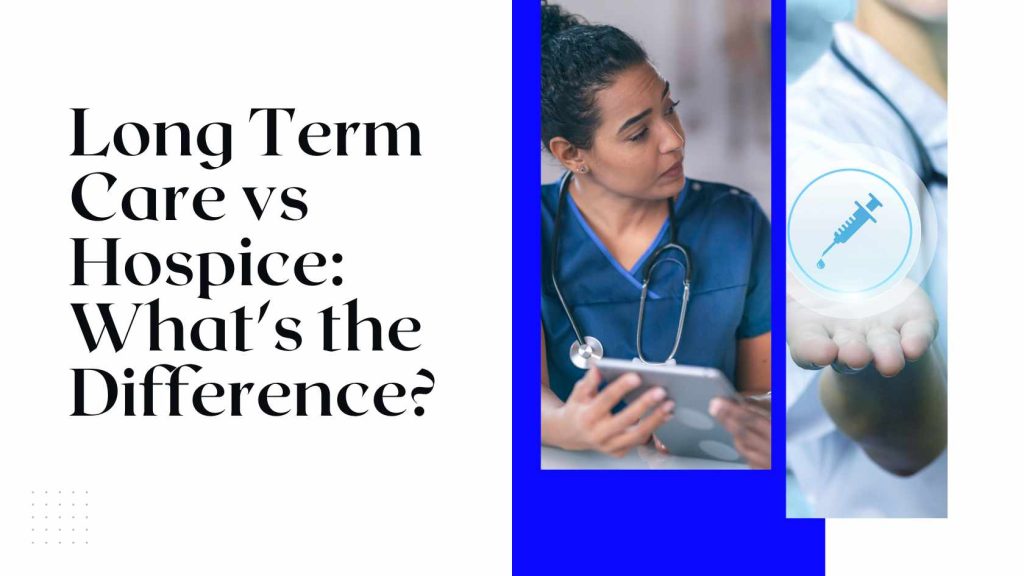- Oak Brook:(630) 705-9999
- Chicago:(312) 920-8822
- Email:inquiry@vervecollege.edu
- Make a Payment
- Home
- Programs
- Admission
- Resources
- ATI Entrance Exam Resources
- New E-Digital Library
- Refer a Friend
- School Newsletter
- Events
- Employers
- Job-Network
- Alpha Beta Kappa Candidates
- Verve College Library
- Graduation and Pinning Ceremony Photo Galleries
- Textbook Information
- Career Services
- Tutoring
- School Catalog
- FAQ
- Constitution Day Program
- Alumni
- Verve College Plans
- Financial Aid
- HEERF Reporting
- Satisfactory Academic Progress
- Apply For Financial Aid
- Net Price Calculator
- Return of Title IV Funds (R2T4)
- Financial Aid Office Code of Conduct
- Contact
- FAQs
- Verification Policy
- Vaccination Policy
- Student Right-to-Know Act
- Misrepresentation
- Information Security Program
- Academic Award Year
- Availability of Employee
- Cost of Attendance
- Health & Safety Exemption Requirement
- Students Rights and Responsibilities
- Leave of Absence
- Pell Formula
- Military Students
- Grants/ Scholarship Policy
- Contact Us
- Testimonials
- Blog
Is a Nursing Career Right For You?
Take The Free Quiz
Long-Term Care vs Hospice: What’s the Difference?
Long-Term Care vs Hospice: What’s the Difference?
Hearing the terms used when caring for a loved one can be confusing. It can be challenging to know what you need or when. There are overlaps and co-occurrences between health services such as hospice, home care, home health, and long-term care.
Families often reach a decision point where they must decide whether to start hospice care and how it will interact with long-term health care. Caregiving for a loved one is not a set or concrete process because everyone’s needs differ. It is essential to be aware of your options so that you can choose the proper life care for your loved ones in healthcare facilities.
You should always consult your loved one before making any decisions. You can then have a compassionate and calm discussion with your loved ones once you fully know all available options. Private LPN schools near me with prerequisite courses offer invaluable nursing education and training with a broad scope of practice to anyone interested in becoming a practical nurse or healthcare provider who wants to learn basic nursing skills.
Hospice and Long-Term Care Long-Term Care
To distinguish hospice from long-term care, you first need to know that hospice is available in virtually any long-term healthcare setting. Some communities may provide hospice services in a residential neighborhood. Still, the majority of hospice is provided at home or in long-term care.
Long-term care is a general term that refers to ongoing medical care provided to an elderly adult. When your loved one gets older, you may see a gradual decline or an urgent and sudden need for long-term care.
Private caregivers, home health care, assisted living or memory care, nursing homes, and board and care are all options for long-term care. Some older adults choose to stay in one of these options for long-term care and do not need anything else. Some people will need more care as their health declines.
Hospice care is usually limited in time, as a doctor must certify that the patient has a terminal illness likely to result in death within six months. Hospice care can be a long-term solution for some patients, and they may even improve with hospice treatment. Some patients in hospice facilities are only on hospice care for a few weeks, while others may be on it for several years. Let’s understand the long-term care vs hospice in short.
Long Term Care Vs Hospice: What’s the Difference? Long-term Care: Who Are They for?
At first glance, hospice and long-term health care are in opposition. Hospice care is a short-term option for those with terminal conditions. Both can be complementary or even part of a comprehensive plan of care. We discuss which is more appropriate for a particular patient at specific times below.
Who Does Hospice Serve?
Hospice is available to those who do not want to be treated for terminal illness. They choose comfort care and pain management. Hospice can provide support regardless of whether the death of your loved one is imminent.
Related:- Internal Medicine Vs Family Medicine Understand Key Differences
When someone chooses hospice, they opt out of hospitalization or outpatient treatment for the qualifying condition. Hospice patients can receive treatment for other medical conditions, such as infections, macular degeneration, and oxygen intake.
Hospice care is an option if your loved one’s condition is such that further treatment will not improve it. Hospice care can be beneficial for cancer patients, people with chronic illnesses, such as dementia and neurological diseases, or those who are weak. Hospice care can be helpful when someone’s advanced illness or pain makes it difficult for them to function.
Who Does Long-term Care Benefit?
It can be hard to decide when someone you love is ready for long-term care. Most people prefer to age at home with as much autonomy and independence as possible. Over time, concerns about safety and difficulties managing daily living activities can lead people to consider other long-term care alternatives.
Families may consider in-home assistance for bathing, dressing, and cooking. If the situation gets worse, additional care may be required. Assisted living facilities might be an option if family caregivers cannot provide this care or if private caregiving becomes too expensive.
Want to Make a Career in Nursing? Get More Information About Our Courses!
In most cases, assisted living is a good option for people who don’t require 24/7 practical nursing care or complex medical tasks. A nursing facility may be the only choice in this scenario. A person with dementia will need more supervision and a secure environment. LPN nursing programs (online programs) can offer invaluable training and clinical practice for caregivers and family members considering long-term care solutions for their loved ones.
 Sign up
Sign up Login
Login




